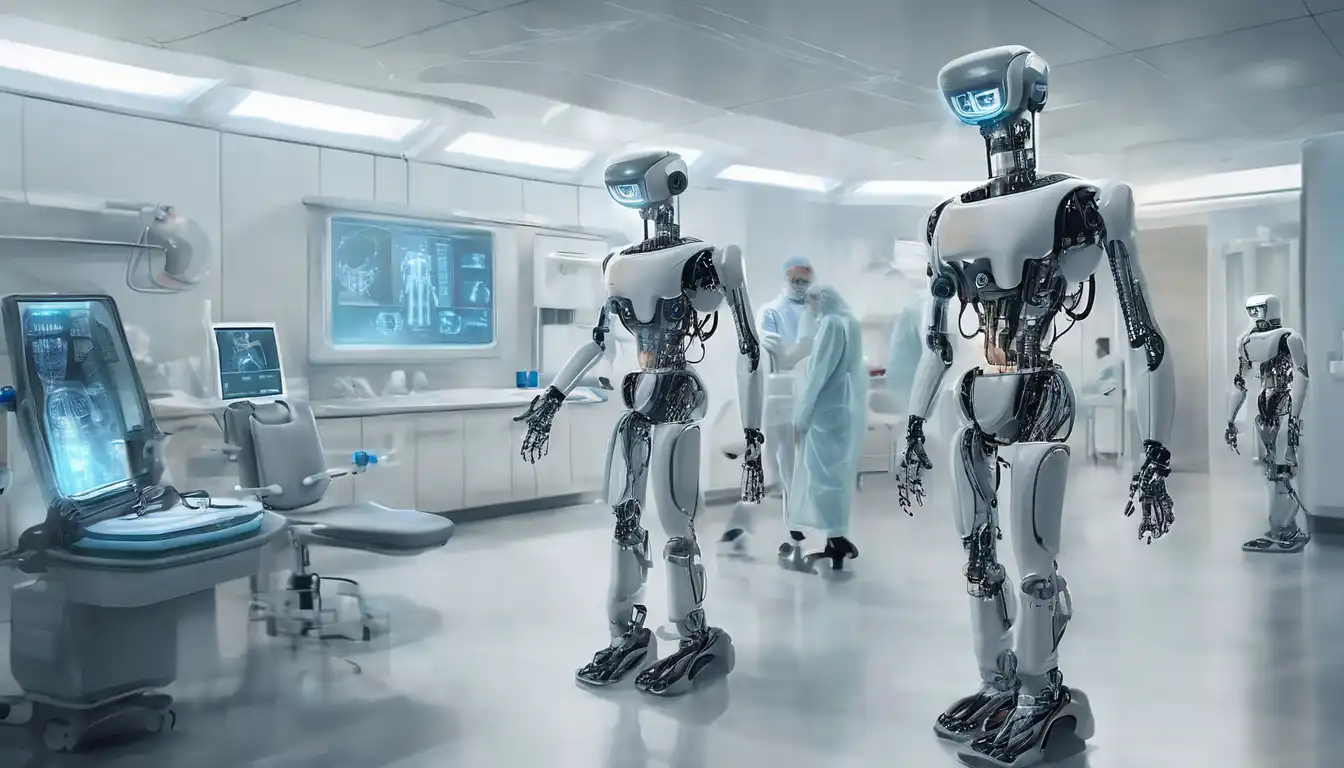The Next Era of Robotics in Healthcare
The integration of robotics into healthcare is transforming patient care, surgical procedures, and rehabilitation processes. This technological advancement is not just a glimpse into the future; it's a present reality that's reshaping the healthcare industry. From robotic surgery to automated patient monitoring systems, the potential for robotics in healthcare is boundless.
Robotic Surgery: Precision and Efficiency
One of the most significant contributions of robotics in healthcare is in the field of surgery. Robotic surgical systems, such as the da Vinci Surgical System, allow surgeons to perform complex procedures with greater precision, flexibility, and control than conventional techniques. These systems reduce patient recovery time, minimize surgical risks, and improve outcomes.
Automated Patient Monitoring
Robotics technology has also paved the way for automated patient monitoring systems. These systems can track patient vitals around the clock, alerting healthcare providers to any abnormalities. This not only enhances patient safety but also reduces the workload on medical staff, allowing them to focus on more critical tasks.
Rehabilitation Robotics
Rehabilitation robotics is another area where technology is making a significant impact. Devices such as exoskeletons and robotic prosthetics are helping patients regain mobility and independence after injuries or strokes. These innovations are not only improving quality of life but are also reducing the long-term costs associated with patient care.
The Role of AI in Healthcare Robotics
Artificial intelligence (AI) plays a crucial role in the advancement of healthcare robotics. AI algorithms enable robots to learn from data, make decisions, and perform tasks with minimal human intervention. This synergy between AI and robotics is accelerating the development of smart healthcare solutions that are more efficient and personalized.
As we look to the future, the possibilities for robotics in healthcare are endless. With ongoing research and development, we can expect to see even more innovative applications that will further revolutionize patient care. The key to success lies in the collaboration between technologists, healthcare professionals, and policymakers to ensure these technologies are accessible and beneficial to all.
For more insights into how technology is transforming healthcare, explore our articles on AI in Healthcare and The Future of Medicine.
